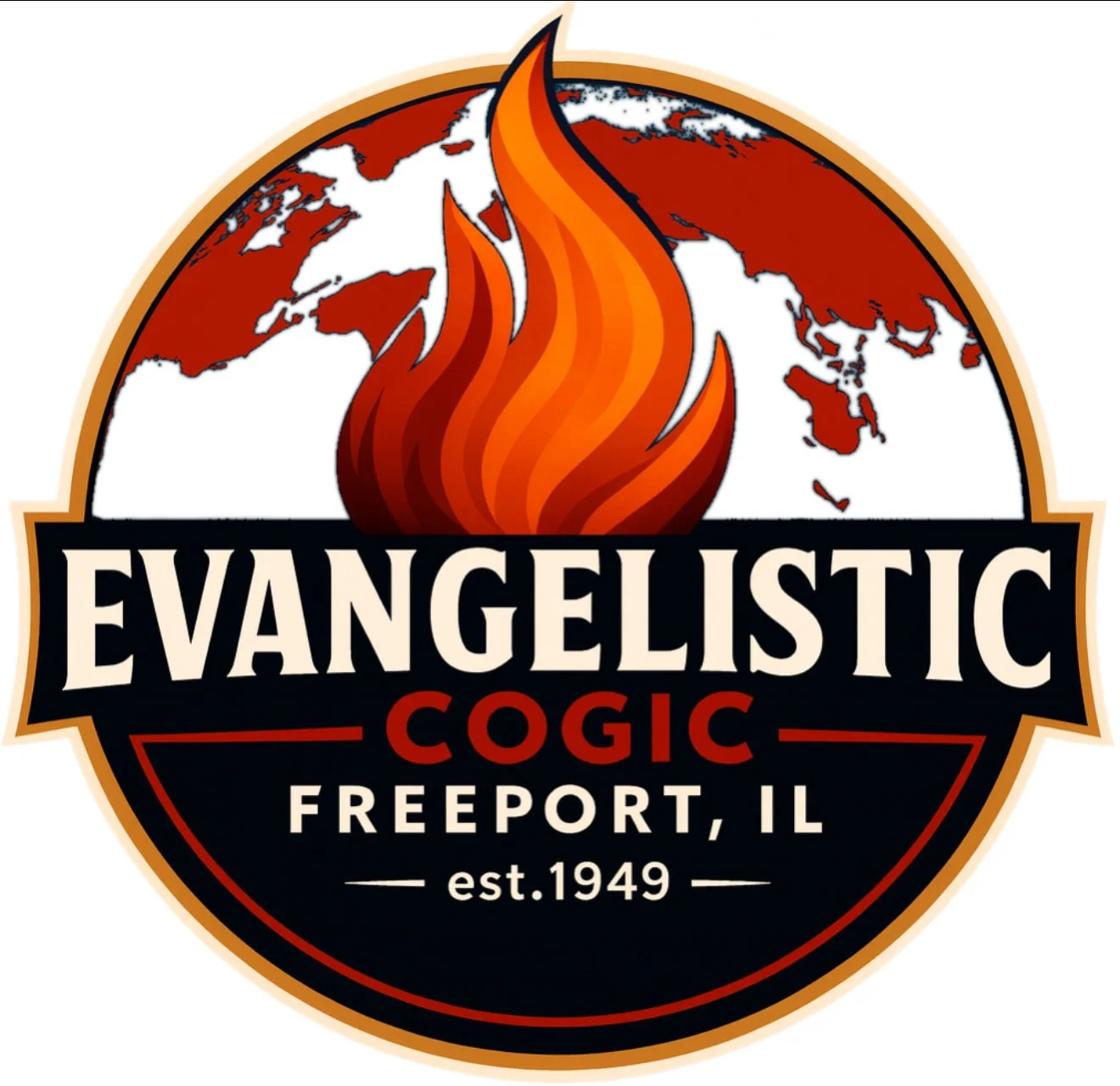Your Voice, Your Vote:
Why Participation in Illinois Elections Matters
By Joshua T. Atkinson, Republican Candidate for State Senate, IL-45
FREEPORT, IL – November 06, 2025
The Value of Participation in a Self-Governing Society
Voting is one of the most important responsibilities citizens share in a constitutional republic. It is the means by which we choose our leaders and influence the policies that shape our communities and future. Yet participation continues to decline, particularly in local elections. A common explanation given is the belief that individual votes do not make a difference.
This belief benefits those who already hold power. When fewer people vote, elections become easier to predict and control. Incumbents face less competition, public accountability decreases, and decisions affecting everyone are made by a very small group of voters. The idea that one vote does not matter is not a natural conclusion; it is a convenient myth.
How Voting Rights Expanded Over Time
The right to vote in the United States was not granted all at once. At the founding, only white male property owners could vote. Over time, Americans fought to expand that right:
The 15th Amendment prohibited racial discrimination in voting.
The 19th Amendment recognized women’s right to vote.
The Voting Rights Act of 1965 eliminated literacy tests and other barriers.
The 26th Amendment lowered the voting age to 18, recognizing that those old enough to serve their country are old enough to help choose its leaders.
These expansions were not theoretical. They were earned through advocacy, sacrifice, and persistence. The right to vote exists today because past generations insisted that representation belongs to the people.
Local Elections Shape Daily Life
While national elections capture attention, local elections have the greatest influence on everyday life. City councils, county boards, school boards, and state legislators determine:
Local tax rates
Road maintenance and capital improvements
Public safety priorities
Water and utility management
School funding and curriculum direction
Housing and economic development policies
These decisions determine the character, opportunity, and trajectory of our communities. Yet local elections often see the lowest turnout. When only a small number of residents participate, their preferences — not the community’s — set the course.
The Manufactured Narrative That “My Vote Doesn’t Matter”
The idea that individual voting is meaningless has been encouraged because it keeps turnout low. And when turnout is low, power remains in the hands of those already holding it. In many Illinois communities, elections have been decided by a margin of a few votes — sometimes less than ten.
The most effective way to maintain control in a democracy is not through force — but through discouragement.
Voting Is Not a Partisan Act
In recent years, public discussion around voting has increasingly taken on a partisan tone. Some Republicans portray voter engagement efforts as partisan manipulation. Some Democrats portray Republicans as discriminatory or deliberately suppressing participation. Both claims are designed to create emotional reactions rather than thoughtful understanding.
The reality is straightforward:
We have laws governing elections. Those laws are written in our Constitution. Generations of Americans fought to uphold them. Voting is not simply a right; it is a civic duty.
Bad government does not prevail because people vote for it.
It prevails when people do not participate at all.
Illinois Does Not Register Voters by Party
Illinois is one of the states where voters do not register by party. There is no party designation on a voter’s registration record. Each voter may choose which primary ballot to request during each election cycle.
This reinforces an important principle:
Elections are intended to empower the voter, not the political party.
This system strengthens independence. It allows citizens to evaluate candidates based on character, ideas, and performance — not party loyalty alone.
Registering to Vote in Illinois
Residents may register, confirm voter status, or update their address online at:
To register, a person must be a U.S. citizen, at least 18 years old by the next general election, and a resident of their precinct for at least 30 days. Those who have moved should update their registration, even if they moved within the same city, to ensure their ballot is counted.
The process takes only a few minutes.
A Final Reflection
A game of chess cannot be won by the King. The rules make it impossible. Victory is earned only when every piece — from every position on the board — moves with intention and purpose.
Democracy works the same way.
Power does not determine the future.
Participation does.
The strength of our communities — including Freeport and every town across District 45 — depends on citizens choosing to use the voice they have.
The future belongs to the people who show up.
This article was written and published by Joshua T. Atkinson, Republican Candidate for Illinois State Senate, District 45, as part of the Fighting4Freeport civic education series focused on transparency, accountability, and renewed civic participation.















